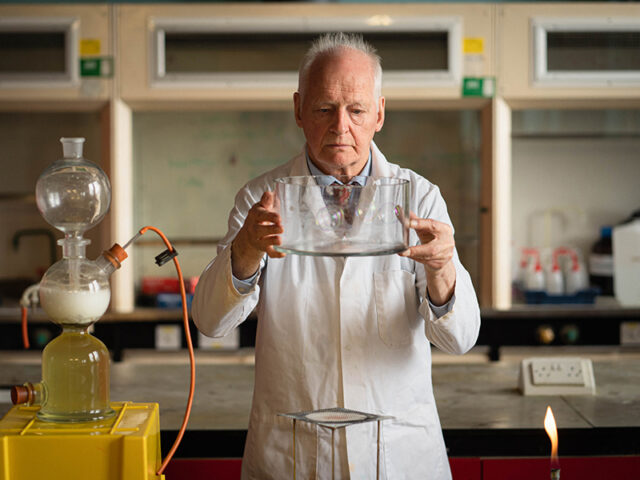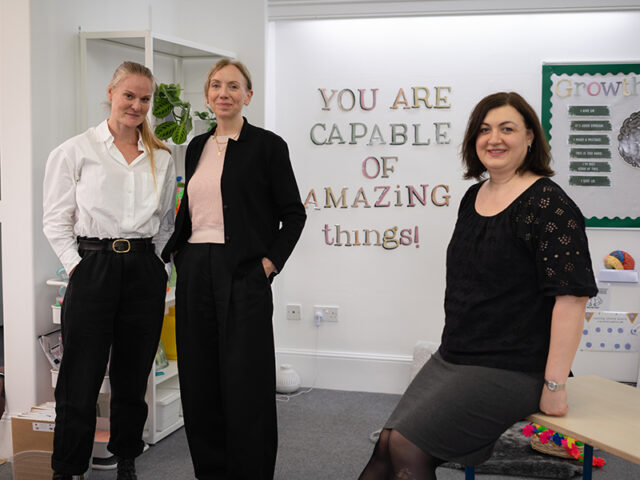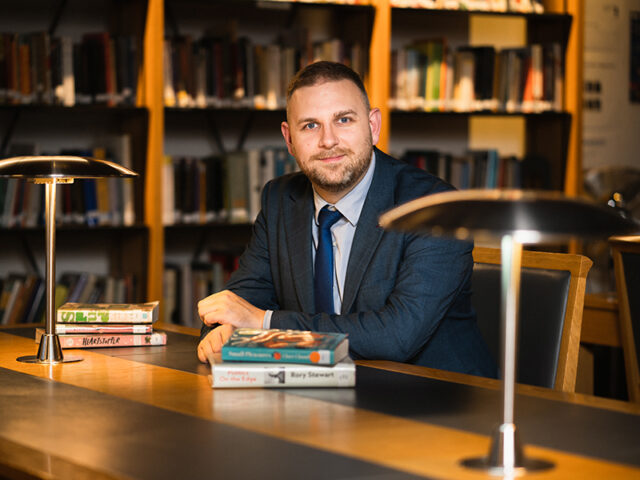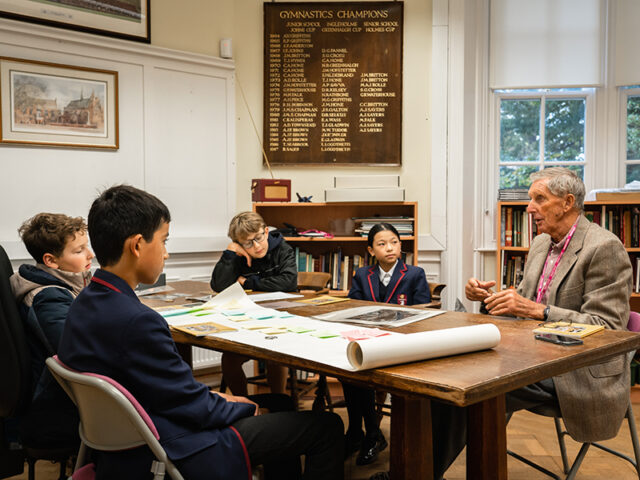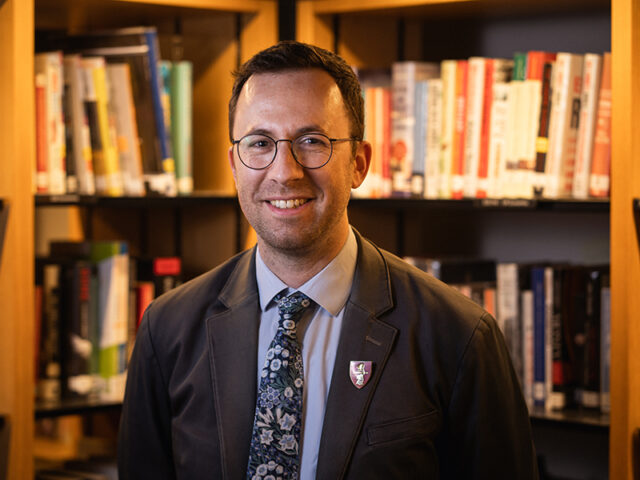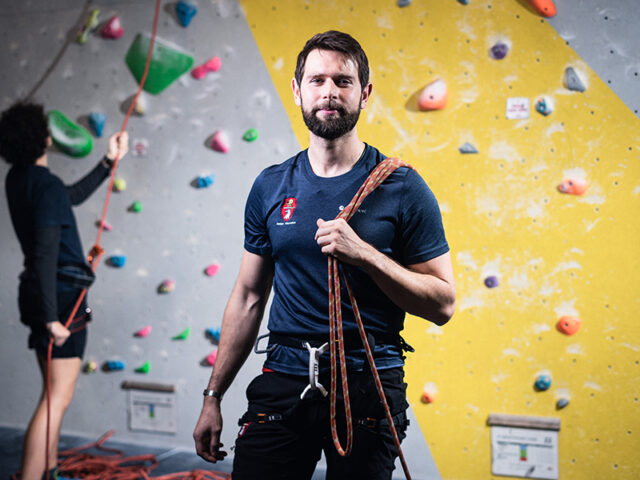All our pupils face a future where digital skills and computational thinking are likely to be a key part of their education and work life.
At Highgate, we have a strong Computing department, and many pupils take a keen interest in the subject: we currently have 112 pupils studying Computer Science at GCSE and 25 at A Level, with a big proportion who choose to go on and do it at university. This year, I’m delighted that Computing is now part of the curriculum for all pupils up to the age of 14.
In September, we introduced a new year-long Computing course for Y9s, building on the regular dose of computer science they receive during their Y7&8 timetable. It’s a great chance to learn skills that will have relevance going forward and is designed to catch everyone before they choose their GCSE options. For those who decide to progress, it gives them a real insight into what further study of Computing is going to be like and hopefully encourages more people to think about it as an option. For those that choose not to study it at GCSE, it will give them a solid foundation and prepares them for the many technological challenges in their academic and professional lives.
The new Y9 course includes basic Python training for everybody – a great programming language for both starters and professionals alike. I’ve also brought in a data science element, which is a very relevant topic now. This module will provide a way of understanding the volumes of data that we are increasingly exposed to in both education and work contexts. There is also an introduction to Artificial Intelligence (AI). I really like having the Y9 opportunity where we’re not bound by an exam syllabus and can adapt quickly to industry trends.
Whilst there is a lot of interest in AI and its impact on school life, I think we’ve got to recognise that ChatGPT is essentially a very sophisticated search engine. The information has always been there, but this provides an interface to put it together, and we’re going to have to get used to how it runs. Students will need to understand the restrictions in terms of plagiarism, but it opens up some interesting possibilities and our pupils will want to learn and embrace those tools as they come.
When pupils reach GCSE there are two main parts to the course – theoretical and programming. The programming aspect has only been introduced in recent years, which for a long time wasn’t part of the syllabus – now pupils at Highgate sit one paper which entirely comprises of programming in Python. I think it’s important that you get these skills as well as learning about the computing world, so it’s a significant development.
Over the two years, it’s great to see pupils gaining confidence. Now when we have programming challenges in class, it’s something they really enjoy doing. The theory side is also interesting because computing is becoming more and more relevant to our daily lives. The course will look at things like how computers work, but also some of the ethical, moral and legal aspects of computing. We were recently looking at the question of intellectual property, which will be especially relevant to those pupils who are thinking about creating their own ideas and businesses, and how to protect that.
The topics expand as they reach A Level including more live coding as well as a substantial programming project. The pupils have a lot of independence in this and it’s probably one of the best parts of the course for them. The main programming language is again Python, but the pupils also gain exposure to the fundamentals of C, Haskell and JavaScript. The Y12 extension clubs are an opportunity for pupils to further their academic work – learning advanced programming skills or discovering technology related history. People can try animations, graphics and learn about web frameworks – all sorts of things. We’ve noticed the subject is becoming a very popular option for further education and I’d like to think that we prepare our pupils well for computer science at university and beyond.
This year we’ve had two alumni come back and give talks to our pupils. One of whom was speaking about degree apprenticeships which are extremely prevalent in computing. It’s a full university degree sponsored by a company, and a great option for people who want to earn while they study.
Outside of the academic programme, we have a busy schedule of competitions and clubs that are great for personal development and skills practice. The one I really love is the Cyber First Competition, run by GCHQ, partly to address the gender imbalance in the computing industry. Girls in Y8 from across the country are tested on their cyber skills in cracking codes, decrypting messages and solving coding puzzles. Whilst we’re always delighted when our teams do well, it’s just as valuable to see them working collaboratively, gaining confidence and really pushing themselves. We’re now seeing some of the girls who did the competition three or four years ago doing very well at GCSE Computer Science and choosing to take the subject forward to A Level.
All of our Computing pupils take part in the Bebras challenge, and many choose to do other competitions such as the Oxford University Computing Challenge, Cyber Centurion, Advent of Code, British Informatics Olympiad and British Algorithmic Olympiad These competitions test computational thinking, programming and cryptography skills as well as pupils’ individual and teamwork abilities.
We recently introduced a tech society to our bustling co-curricular programme, following a request from one of the pupils. It’s an opportunity for anyone to come along and explore different aspects of technology. We were very lucky to have a researcher from DeepMind join us last term to talk about artificial intelligence. I think AI has really captured students’ imagination and there’s a realisation that so many attractive jobs, which they might want to go into, are technology related.
Computer Science is a subject in which many of our pupils take a deep and passionate interest. I am delighted that Highgate has such a strong Computing department and that Computing is now part of the curriculum for all pupils up to Year 9. In addition, there are great opportunities for pupils to advance in Computer Science and become strong programmers through the GCSE, A-Level and co-curricular offerings.
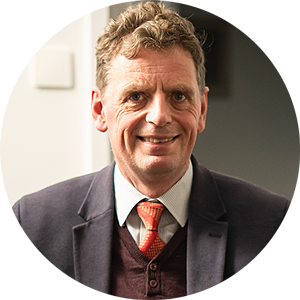 About the author Andrew Dales, Head of Computer Science Andrew is Head of Computer Science at Highgate, leading a department of six Computer Science teachers. He has worked at Highgate as a Maths and Computer Science teacher for twelve years, following a previous career as a quantitative investment manager.
About the author Andrew Dales, Head of Computer Science Andrew is Head of Computer Science at Highgate, leading a department of six Computer Science teachers. He has worked at Highgate as a Maths and Computer Science teacher for twelve years, following a previous career as a quantitative investment manager.